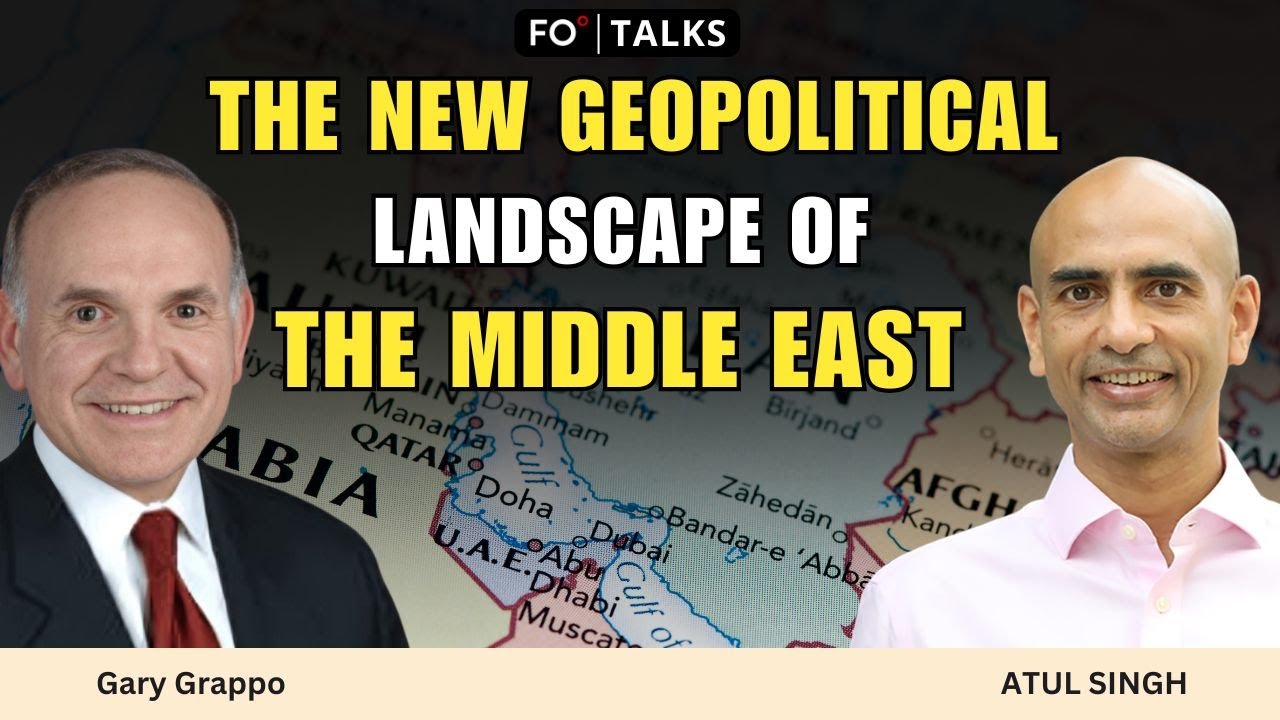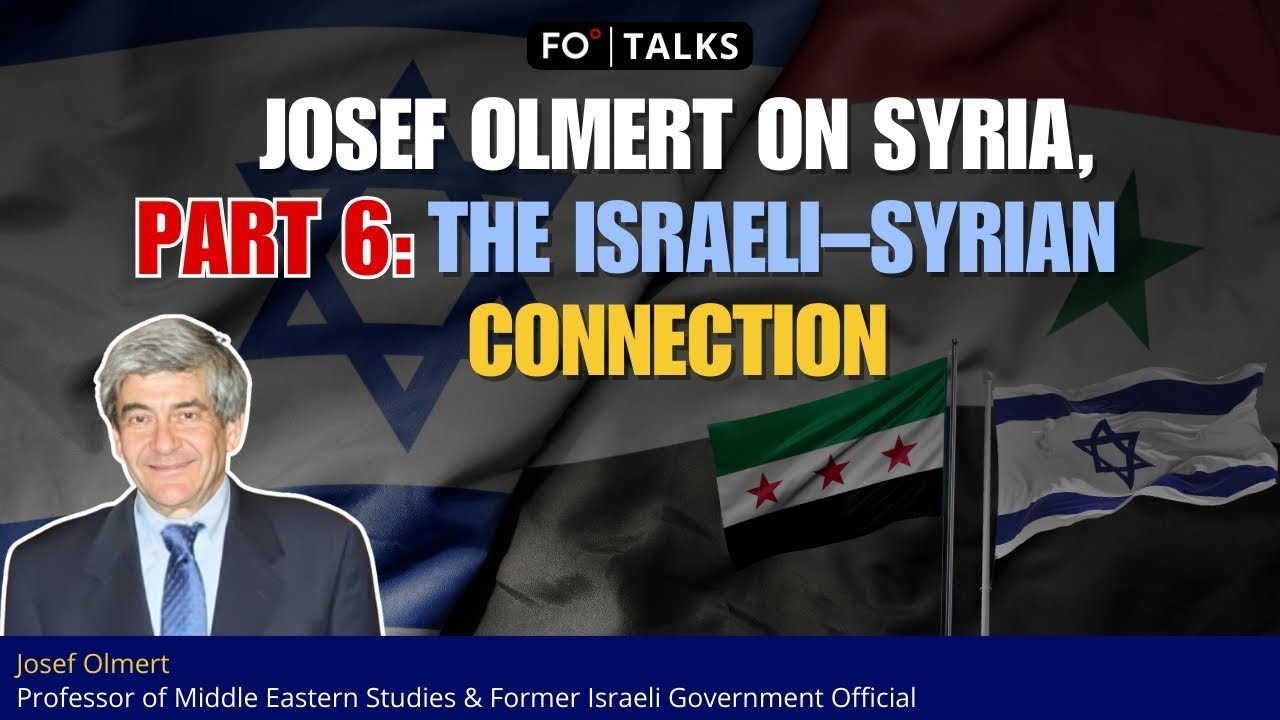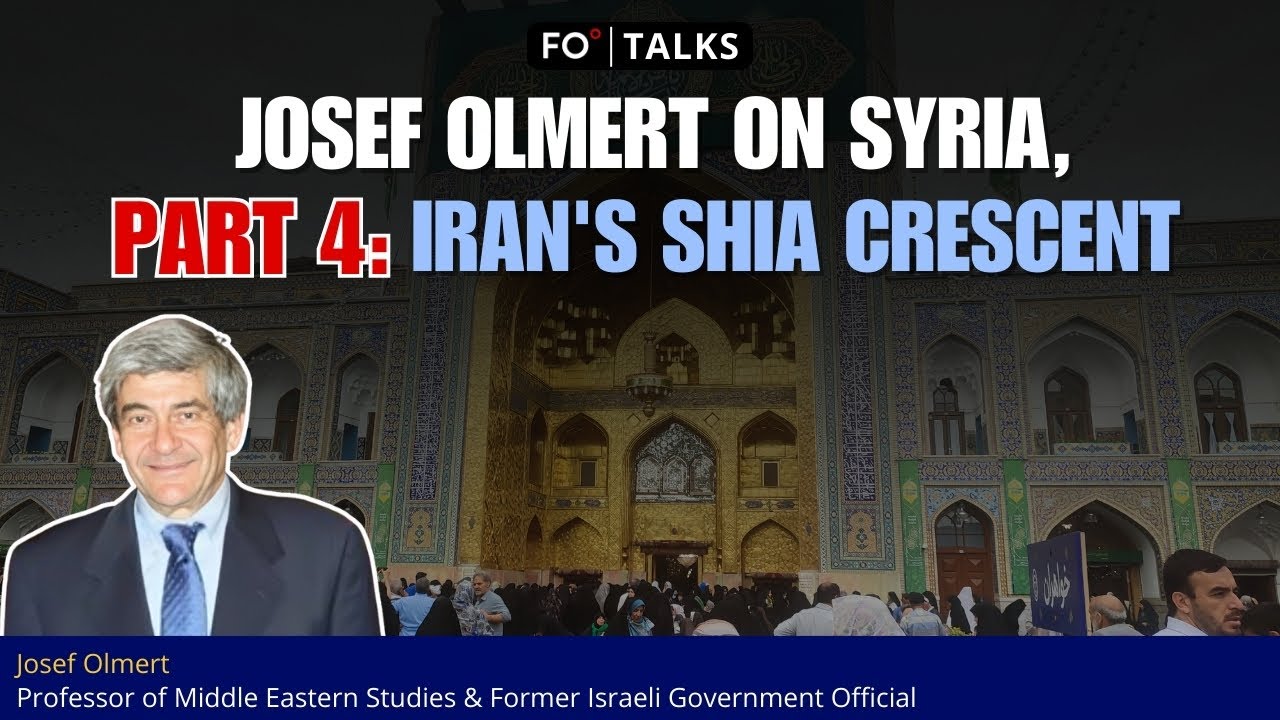There is a lack of innovation in India. India scarcely produces inventions that change the world. Ironically, a nation with so many engineers, software houses and global research centers has generated few technological advances with global impact.
What innovation India does have is driven by entrepreneurs wanting to create startup companies. These are uncommon, as graduates often seek employment at existing corporations out of school. Additionally, Indians confuse innovation with incubation. Many so-called “innovation centers” — collaborative hubs where groups exchange ideas and develop projects together — are really incubation centers, designed to aid the formation of startup companies.
Innovation is a teachable skill set that, unfortunately, the Indian education system does not encourage at any level. The current system focuses too heavily on information retention and rigid testing. Young minds should learn to be curious, ask questions and invent new ideas.
Fortunately, a new movement is emerging to improve India’s higher education: the maker space movement. It challenges students to design with their hands. The nationwide spread of maker spaces — collaborative work spaces in schools and public facilities, which provide professional tools and technology — offers Indian students a chance to experiment and invent. Its goal is to kindle an innovative spirit within them.
Maker Bhavan Foundation wants to fix India’s innovation
Maker Bhavan Foundation (MBF), founded by Director Hemant Kanakia and managed by President Ruyintan Mehta, is dedicated to reforming engineering education nationwide. It does so by teaching Indian student engineers creativity, teamwork, communication and problem-solving skills.
MBF is based on Kanakia’s experiences at India’s IIT Bombay and the United States’s Stanford University. He observed that Indian Institutes of Technology (IITs) were frozen in their pedagogy — the method and practice of teaching — unlike outside organizations like Stanford. The latter school has evolved and now emphasizes experiential over theoretical learning.
Indian institutions, on the other hand, teach theoretically instead of experientially. Thus, Indian graduates rarely have the practical skills to build technological devices and systems out of school. Many make great theoreticians but lackluster engineers.
MBF’s vision is to boost the education level by focusing on the top and middle tier of adult students. It modernizes the pedagogy so students work in teams, create things and develop an inventive spirit. MBF boosts its students’ confidence and teaches them a judgment of practicality through the building process.
Kanakia started the foundation at IIT Bombay in 2017. He had a dialogue with the IT officer in charge of technical education at the central government’s Ministry of Education. He was so enthusiastic that he started a similar mission called Atal Tinkering Lab, which provides the same service for children across a thousand Indian schools.
Mehta hopes to spread MBF’s movement to 50 higher education institutions covering over 250,000 students in the next five to six years. He desires to make India a land of deep thinkers who brainstorm, invent and work with their hands. In his words, MBF is about “learning by doing” and “learning by using.”
Tinkerers’ Labs and LEAP encourage creativity
MBF’s first and most important initiative is Tinkerers’ Labs. This comprises student-managed maker spaces that are open all day, every day. The labs enable students to experiment and exercise their imaginations. They can build prototypes of whatever they desire using a variety of sophisticated machines — 3D printers, laser cutters, vinyl cutters and more. This experiential education system pushes them to convert concepts into tangible, potentially workable products of engineering.
The intended goal is for students to find solutions for India-specific problems. For example, if a student’s family member had asthma, they might choose to build an inhaler tailored to the local conditions.
In the past few years, Tinkerers’ Labs has collaborated with another educational program: Learn Engineering by Activity with Products (LEAP). This project-based program helps students learn similar patterns of engineering, but operates in South Indian colleges that lack IIT facilities.
LEAP’s prototyping process goes like this: First-year students reverse-engineer products and craft small prototypes. Second-years receive mentoring to create more substantial prototypes. Third-years work on industry-provided problems, where their projects get progressively more complex. Fourth-years are instructed to go find a socially relevant problem and build a solution for it.
Over 10,000 students from more than 11 higher education institutions have flexed their creativity at Tinkerers’ Labs.
Invention Factory gets students building
Tinkerers’ Labs is not MBF’s only initiative. Invention Factory is a six-week intensive summer program developed in the US at The Cooper Union, which MBF has brought to India. In this program, undergraduate students from across India work in pairs to build prototypes for innovative inventions.
They first learn to pitch their ideas; concepts can only advance to the next stage once they are accepted by 75% of the participants and faculty. They then develop a working prototype and continually improve it. At the end of the six weeks, they pitch their creation to a panel of judges, who award the students first, second or third prize.
One notable team visited a local farm and asked farmers about the difficulties of mango picking. There is a 15% wastage, they learned, when plucking the fruit off its tree. They observed the standard-use picker and devised an improvement for it. The team’s simple instrument saved labor by both picking and packaging the fruits. As 45% of all mangoes are produced in India, this was indeed a solution to an India-specific problem.
Of the ideas prototyped at Invention Factory, to date, 104 have been patented in the US and India. Several of them had such great utility value that commercial companies approached the student teams, hoping to license or adapt their inventions.
MBF is working to develop an industry associate program, so it can place top students in industries where they can continue their work. This combats the issue of graduates discarding innovative pursuits in favor of immediate employment.
MBF funding: donors, corporations and eventually the government
MBF is a US-based nonprofit organization that Kanakia kickstarted with his own fortune. His work predominantly attracted passionate IIT workers who inspired donors to support the organization. US donors contribute 90% of its funds.
Mehta aims to get future funding from Indian companies through Corporate Social Responsibility (CSR). By law, Indian companies must spend 2% of their net profits on CSR — so companies could choose to spend their 2% funding MBF. So far, however, they have not.
Regardless, Mehta is confident that Tinkerers’ Labs and Invention Factory will attract Indian funds. These programs bring in industry leaders as judges, who are amazed by the students and consider supporting the organization.
MBF is currently in the “friends and family” phase. Its ambitions have expanded over the years, so the group needs to leverage the money that it has put in itself with a corporate sponsorship, like CSR.
MBF has not sought government funds, but Kanakia intends to change that in the next stage. The Indian government is good at allocating money but not monitoring its outcome or ensuring its continued success. It would want to send a minimum of 500 crore rupees (over $59 million).
It is easier to define a program as a public-private partnership; both sides chip in funds while the private portion manages the program. That’s the direction MBF will likely take with Tinkerers’ Labs and Invention Factory. But, no matter who funds it, MBF will continue to support the experiential learning and creative endeavors of young Indians.
[Lee Thompson-Kolar wrote the first draft of this piece.]
The views expressed in this article/video are the author’s own and do not necessarily reflect Fair Observer’s editorial policy.







































Comment